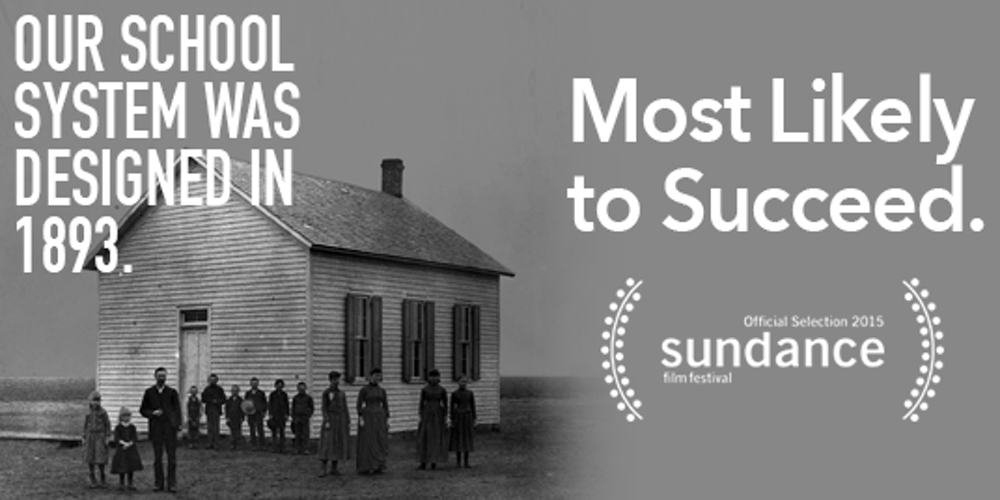Seth Godin is one of my favorite authors. He is a disruptive force in the world of business and marketing, but I see his writing as directly applicable and disruptive to education as well. Depending on the situation, clients may be students or parents, bosses might be students, parents, or actual bosses. It is really all a matter of being able to see the connections.
Recently I have started Godin's Freelancer class on
Udemy, a place for online learning. The classes on Udemy are not for college credit, but are for general learning of any kind. People make their own courses based on their expertise.

Because we are only in the second year of the program, by my way of thinking as members of our PBL program,
Arete PBL Academy at Neenah High School, all teachers and students are freelancers because we do not have an automatic clientele. Students often join us based on student or parent word of mouth, our presentations at other schools or our public displays of learning.
In the last three days, teachers and students in the program have presented at both Neenah High School and at Shattuck Middle School to inform families about our program. It really struck the teachers in our program, Suzy Weisgerber, Emily Bennett, Tara Meinke, Lynn Heyn and I how impressive it was that students were willing to give up hours of free time to go to school and talk about how important our program has been to their lives.
One of the most effective lines that our students used while talking with families was, "Do you like tests?" The question usually stopped every kid in their tracks. Every student knows that for most classes and for most tests the goal is to get the highest grade possible and then forget the information as quickly as possible. In response to Godin's suggestions of how to increase demand, by asking that one question our students initiated a need in younger students. I feel it is the need for a way to do school that doesn't include tests.
Students followed that question by telling the story of our program, the way they learn, the learning outcomes both in terms of the academic expectations which all students have and the "soft skills" that they learn as part of how they are learning and showing the evidence of their learning.
Another element of Godin's (@thisissethsblog) freelancer course is to be an instigator, which is someone who decides what they are going to do rather than waiting for something to happen. Our students have instigated change in their lives and are encouraging others to do the same. It will be interesting to see how many students eventually join our program based on the student storytelling and instigation.

